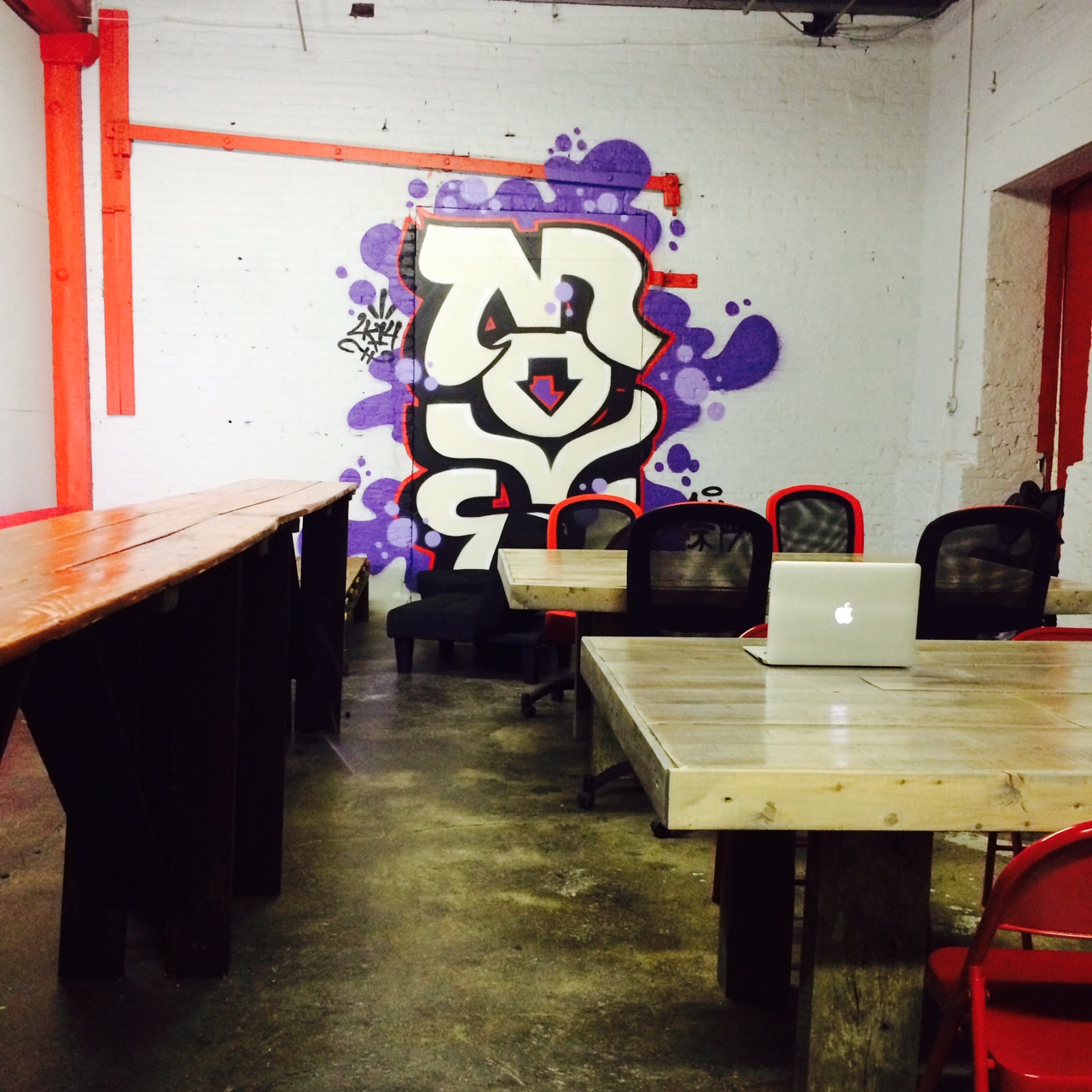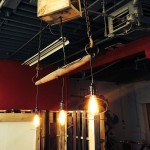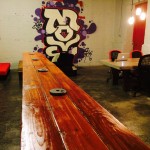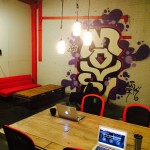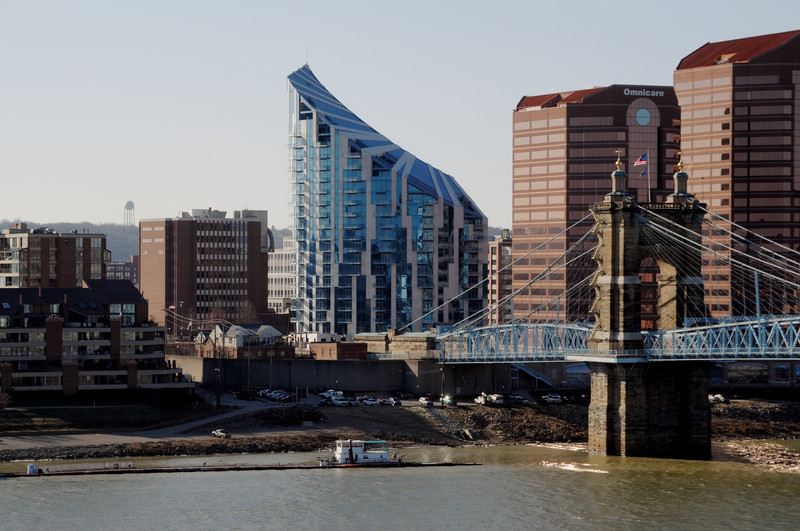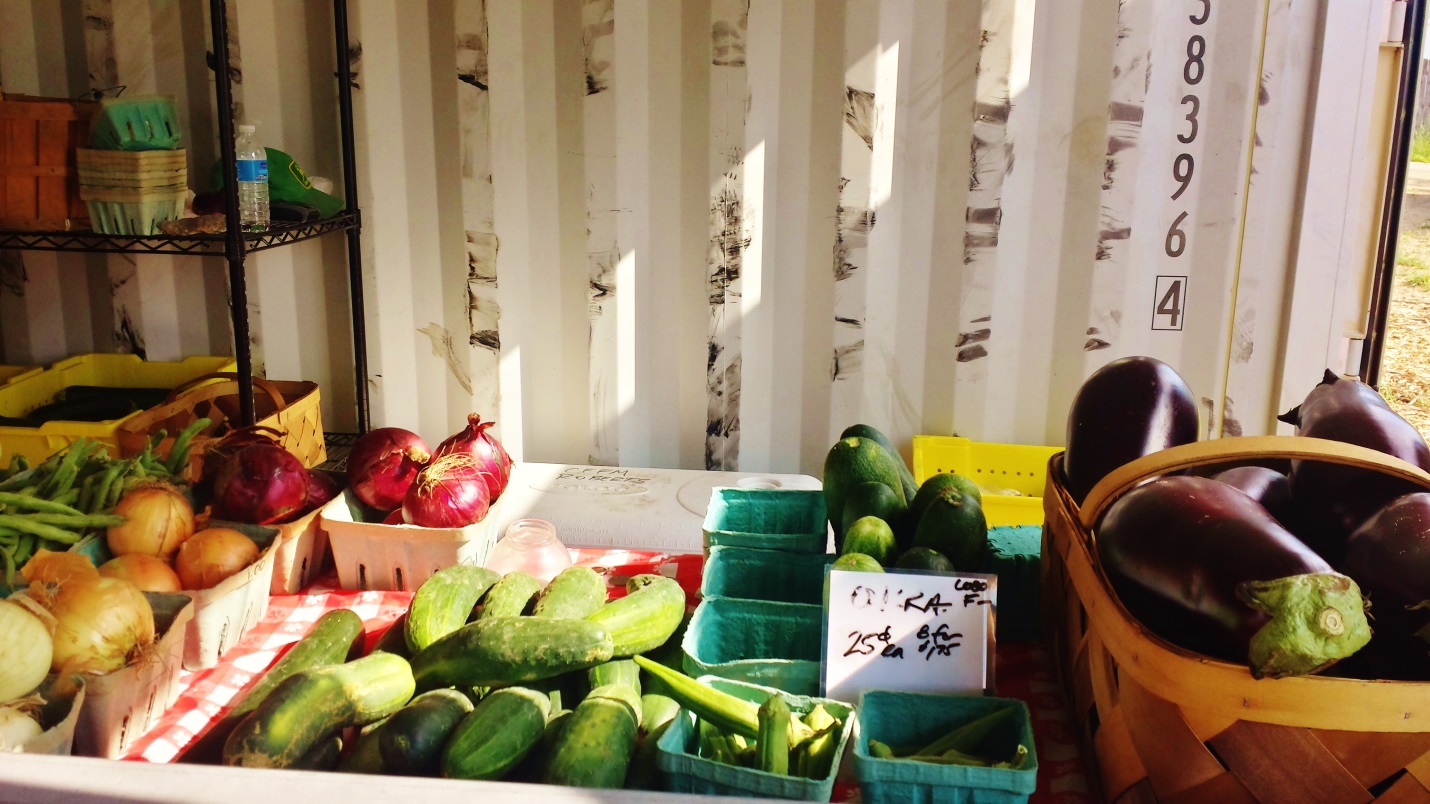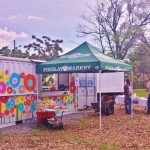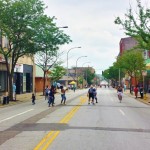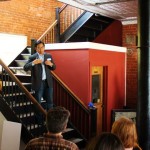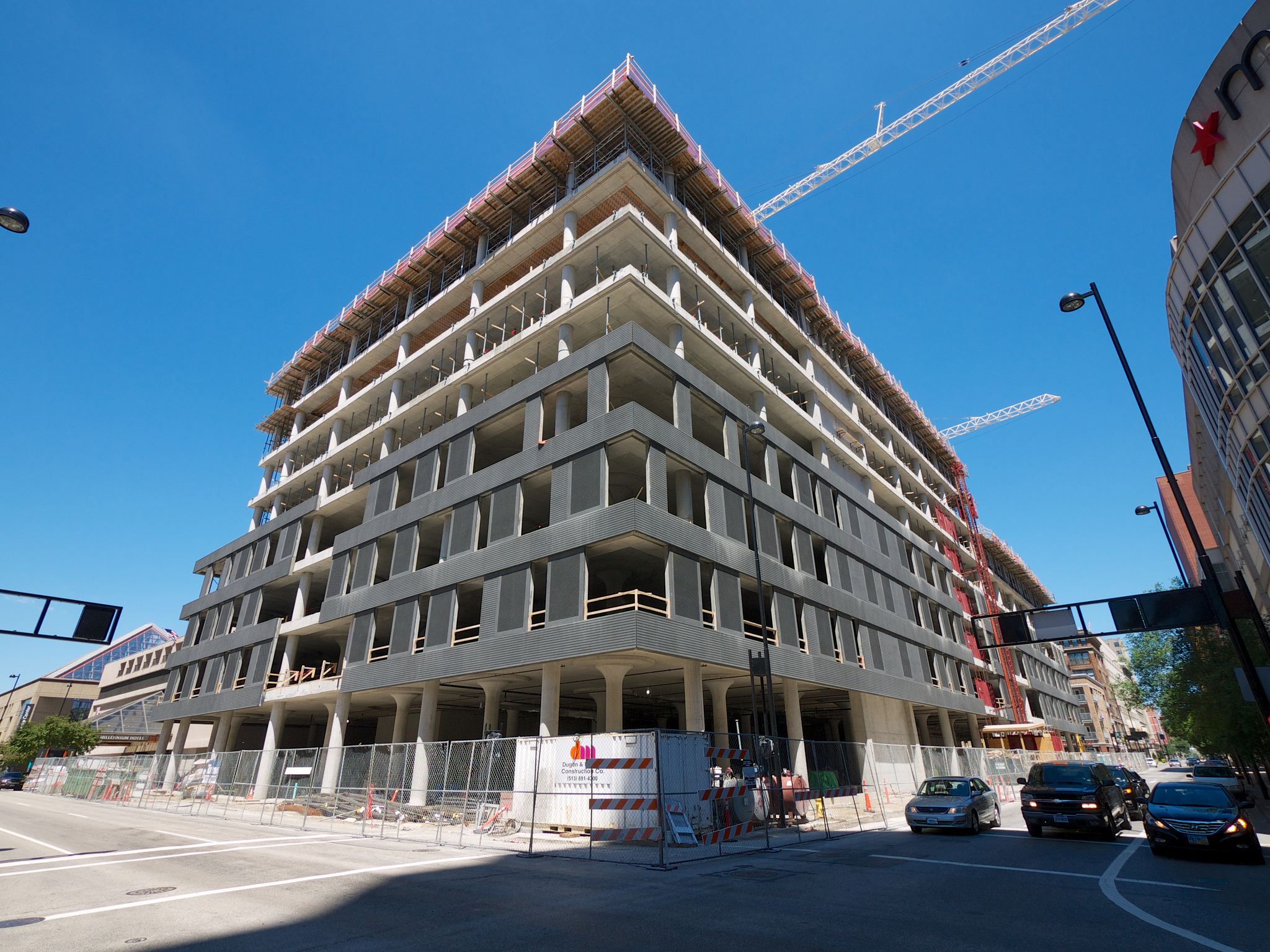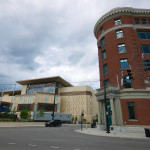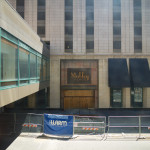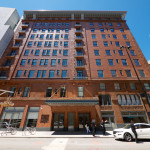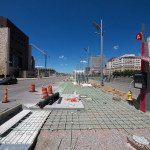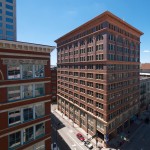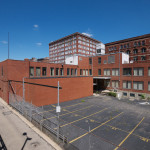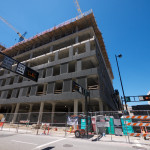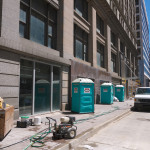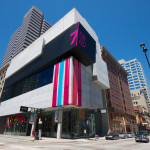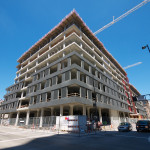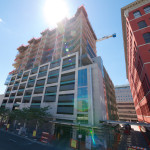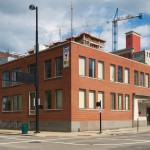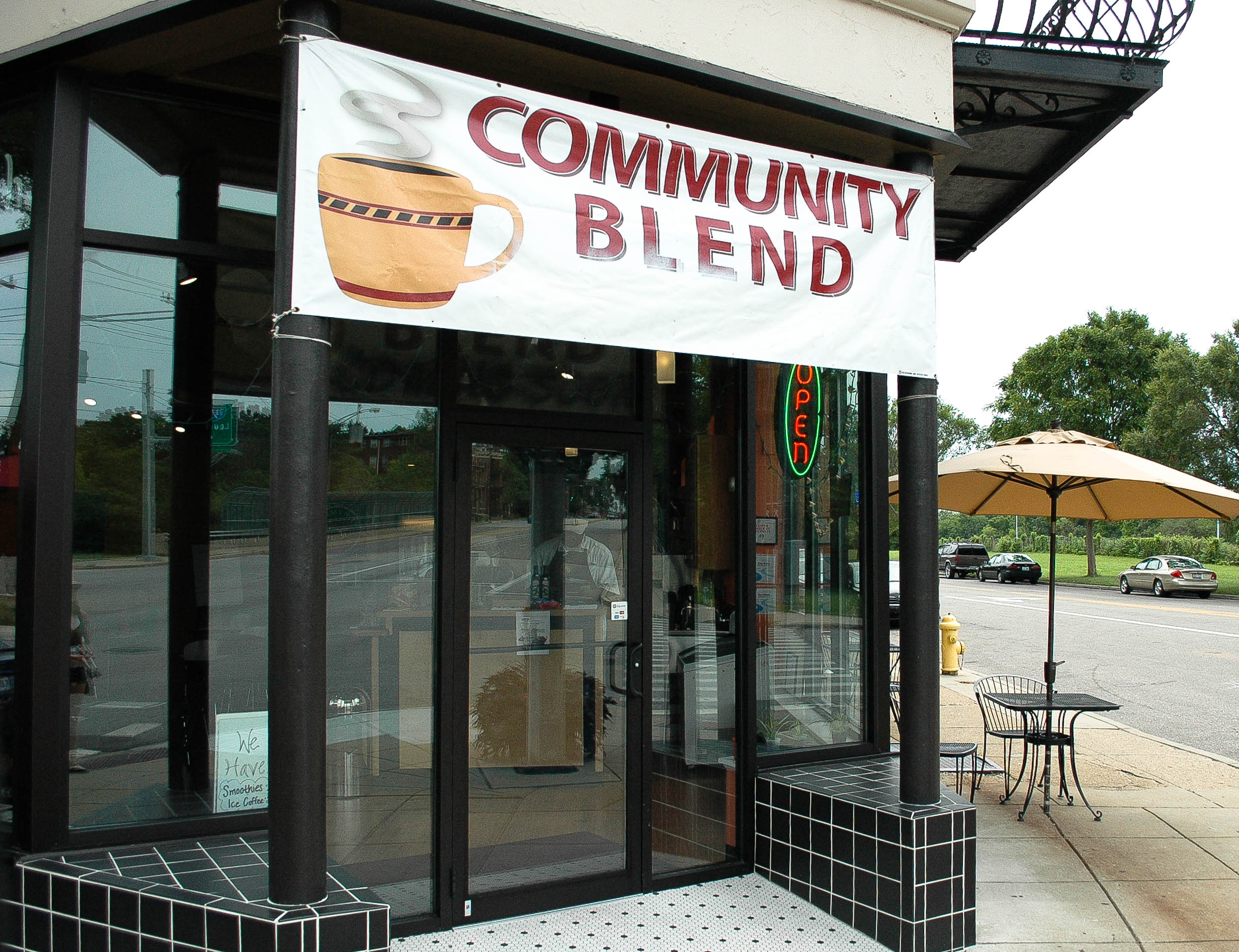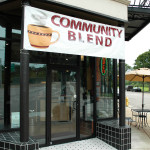Ryan Meo and Patrick Hitches will open a coworking space in the Brighton District of Cincinnati’s West End neighborhood later this month. The two are taking a different approach and hoping MOVE Coworking will fare better than its predecessors.
Hitches and Meo describe the concept as an “active collaborative environment” that mixes the traditional shared working space with a fitness training facility. It will be the first of its kind in the region and stands in contrast to the three shuttered coworking spaces – Cincy Coworks, Working Side by Side and The Offices – that came before it.
“We believe living an active, healthy lifestyle helps to spark innovation, creativity and productivity,” Hitches explained. “We know from experience that the integration of hard work and play creates an element of true productivity, creativity and innovation in whatever your work or business may be.”
The business partners say that they believe part of the problem with other coworking spaces is that they essentially recreate a quiet office environment that many independent workers are looking to escape – something new pay-per-minute cafes are also trying to combat. To that end, they say that MOVE Coworking will include communal tables, stand-up desks, hanging hammocks, lounge areas and eventually treadmill desks.
Meo and Hitches come from different non-traditional work backgrounds that they believe will contribute to the success of their new business venture. Hitches has worked as a fitness entrepreneur, splitting time between Washington D.C. and Cincinnati, and Meo has spent his professional career doing web development outsourcing. They also say that, in addition to their non-traditional work backgrounds, they were motivated to make this investment due to all of the positive changes taking place in the city.
“There’s no denying the momentum and excitement of the changing neighborhoods all across downtown Cincinnati,” Hitches said. “I look around at all the architecture that has for so long been underutilized and really can’t believe we’ve waited this long to utilize these unique buildings. To me this is a huge opportunity to snag up one of these spaces to create a vision while cultivating a community of people who are also passionate about the positive changes to the city.”
The two are particularly excited about the historic warehouse building they will be located in, and Hitches, who lives car-free, says that as an avid cyclist he is also thrilled about the new Central Parkway Cycle Track out front.
MOVE Coworking will take up 5,000 square feet of space in the basement of the historic Mohawk Building. In order to get the space into the proper condition and fully outfitted, they say that they have invested somewhere around $100,000.
Those looking to use the coworking space or fitness component will have several options. Hitches says that every coworking package will include a membership to the gym space, but that people can also purchase fitness memberships independent of the coworking space. He also says that a yoga space will be added later this fall, and be inclusive in specific membership packages, while also being sold separately for those who just wish to access the yoga studio.
It will cost $20 for drop-in use of the coworking space, or $199 per month for a three days per week package and $270 per month for full-time 24-hour access. As of now, rates start at $70 per month for those who just wish to get a fitness membership.
“Instinctively I always wanted a place where I could go part-time to do some focused online work outside the gym or coffee shops where I would set up my laptop,” Hitches told UrbanCincy. “I now have a place in D.C. where I can utilize space that allows me to have a network of people outside the fitness professionals who I’m around daily in the training studio.”
With that in mind, Hitches and Meo are now hoping they can attract local entrepreneurs, solopreneurs and young professionals that are in search of an alternative workspace, where they can also surround themselves with other health-minded individuals.
MOVE Coworking will start giving private tours to potential members this week, and will have an official launch party on Wednesday, August 20.
